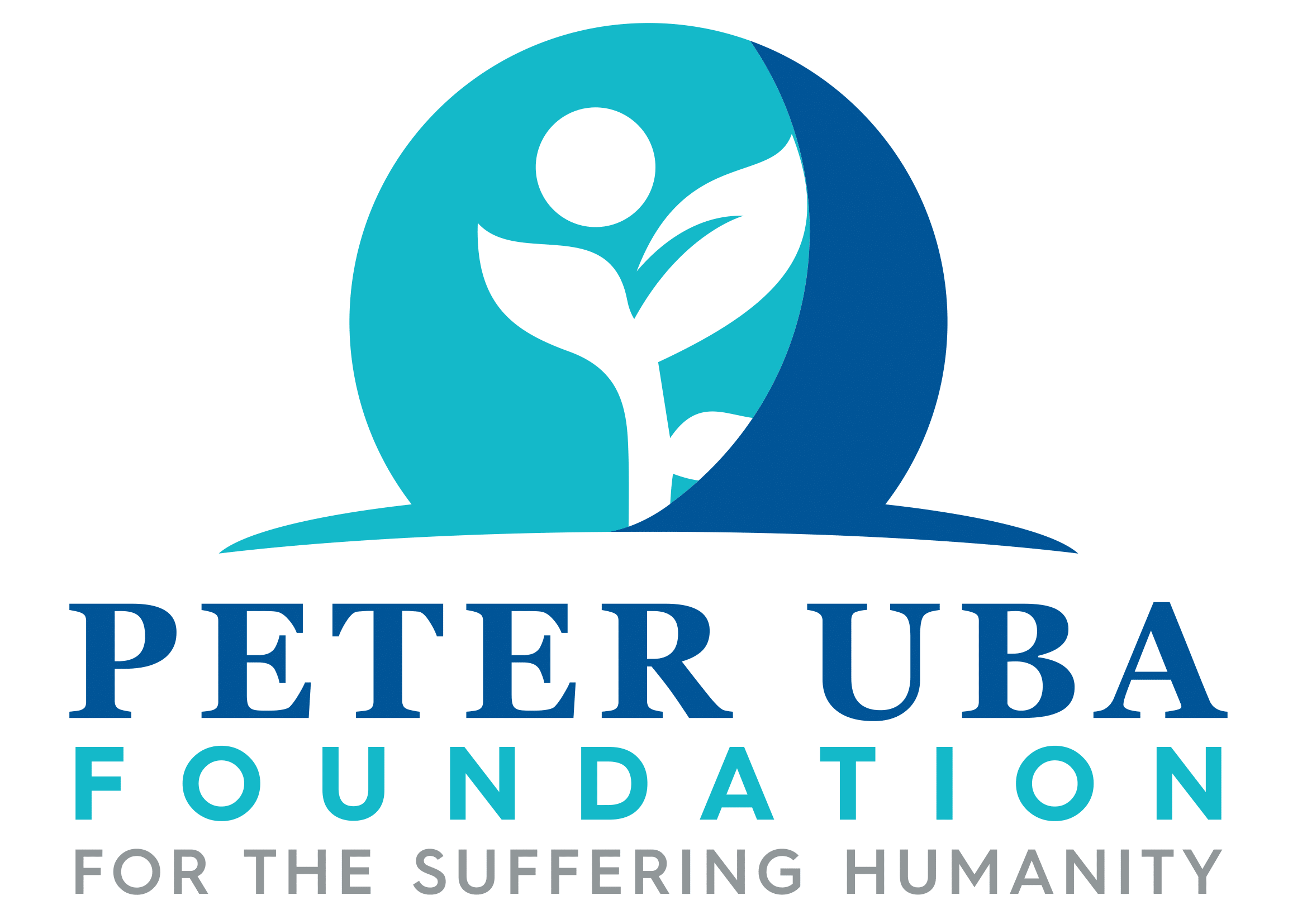
Blog
How Has COVID-19 Affected the Education of Our Youth?

Published on 15th April 2020.
How Various Countries Contend with This Growing Issue.
When COVID-19 first started, we had no way of knowing how far it would stretch and how much if would affect our everyday society. Suddenly, we had to rethink how we ate, where we went, and even how we interacted with our own family members. In a matter of months, virtually the entire world seemed to stop movement outside the home. This would have been unimaginable a few decades ago, but it happened all the same. Among the most notable changes was how we educated our children. COVID-19 had and still has a vast effect on our youth education and here are just a few of the ways the youngest of our society has been affected.
In Person Learning Reduction
For many areas, in person learning has begun to come back into play. However, we are forever marred by the pandemic and what it has done to our world. Many parents became used to having children at home and found it a positive experience to allow them to pursue virtual learning avenues. Even now, many public schools maintain an optional virtual learning avenue for students that display a self-starting attitude. Self-motivated individuals can thrive in these areas without distractions from peers. However, it can be a little difficult for those with certain learning disabilities to thrive in a virtual environment.
Enrolling children in the standard school system is no longer as easy as it once was. Parents are having to take a hard look at their children on an individual level to determine what educational opportunity works best for the needs of the student and the needs of the family. Parents are having to be more flexible with their time and ensure they can be there for the children in the event the school closes for a time or the student is sent home for quarantine purposes.

Field Trips Are Not the Same
School field trips have been a right of passage. Generally, field trips are scheduled close to the end of the school year as a reward for the student’s efforts throughout the year. However, in recent years, these trips have been cancelled and simply disregarded as a valid use of time. School trips are designed to be both fun and educational and some of the best lessons learned in years past, have happened in the hands-on environment most of these types of trips offer. It is a chance to allow the classroom to come alive through exhibits and seeing the true history of everyday life.
Depriving children of field trips may not seem to have a vast affect overall on their wellbeing, but it does take something away that should be available to the children. Virtual field trips to historic museums and sites may show a little of what is going on, but it does not allow the child to truly enjoy the experience. However, with limitations on indoor capacity, field trips may remain a thing of the past for many years to come.
Teacher Burnout
Although the youth has been wildly affected by COVID-19 and its impact on the education system we also have to look at how it has affected our teachers. Teachers are often having to alternate schedules while working with both in person and virtual students. Teacher burnout has become a difficult thing to manage and even some schools have resorted to reducing school days to ensure teachers have an opportunity to rest more than just on weekends.
What effect Has COVID-19 had on Dominican Republic and Surrounding Caribbean Nations?
It is easy to see vast reports on what large nations have had amid the COVID-19 pandemic, but what about smaller countries? The Dominican Republic and all Caribbean nations have been affected by the pandemic as well. Students in these areas of the world have had to alter their education system completely to remain safe and many of these changes are ongoing even as COVID-19 cases in larger countries drop to more normalized levels.
At the culmination of the COVID-19 pandemic, schools in Caribbean nations shut down leaving 7 million students and 90,000 teachers spread out over 23 individual countries without traditional learning facilities. Students, like everywhere else in the world were forced to stay home and attempt to learn from there. UNESCO, World Bank, and UNICEF stepped in to alleviate issues regarding remote learning and to assist with proper testing of students and teachers.
Since the height of the COVID-19 pandemic, Caribbean nations have reopened schools. However, like other areas of the world, a reduction in school hours, enhanced cleaning, and masks are used to aid in student learning for in person studies. Unlike more developed countries, remote learning is difficult for many rural areas throughout Caribbean nations due to lack of available internet, so in person learning is essential to the wellbeing of all students throughout these areas.
COVID-19 has had a vast affect on all of us, but our ability to properly educate our youth is essential to the future development of everything we hold dear. Although the education system is different, we must look for more ways to improve it to help educate the youth of the world and enhance our future as a global society.
